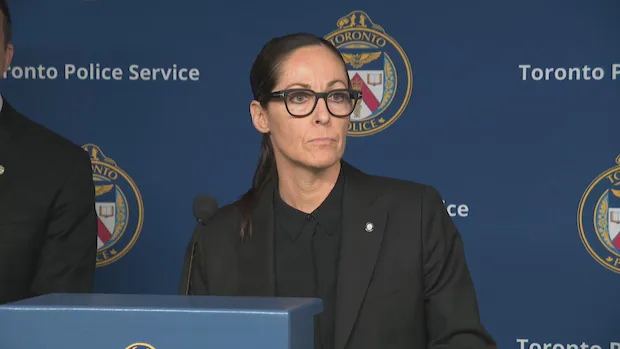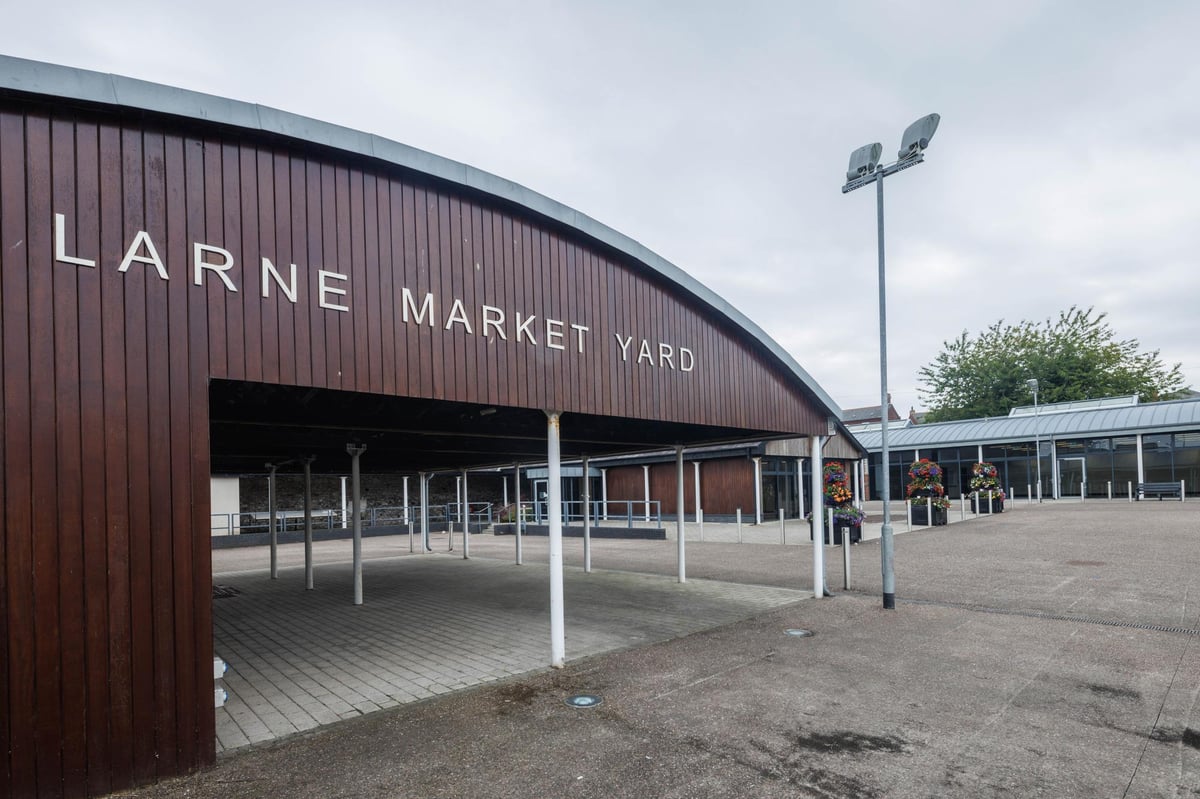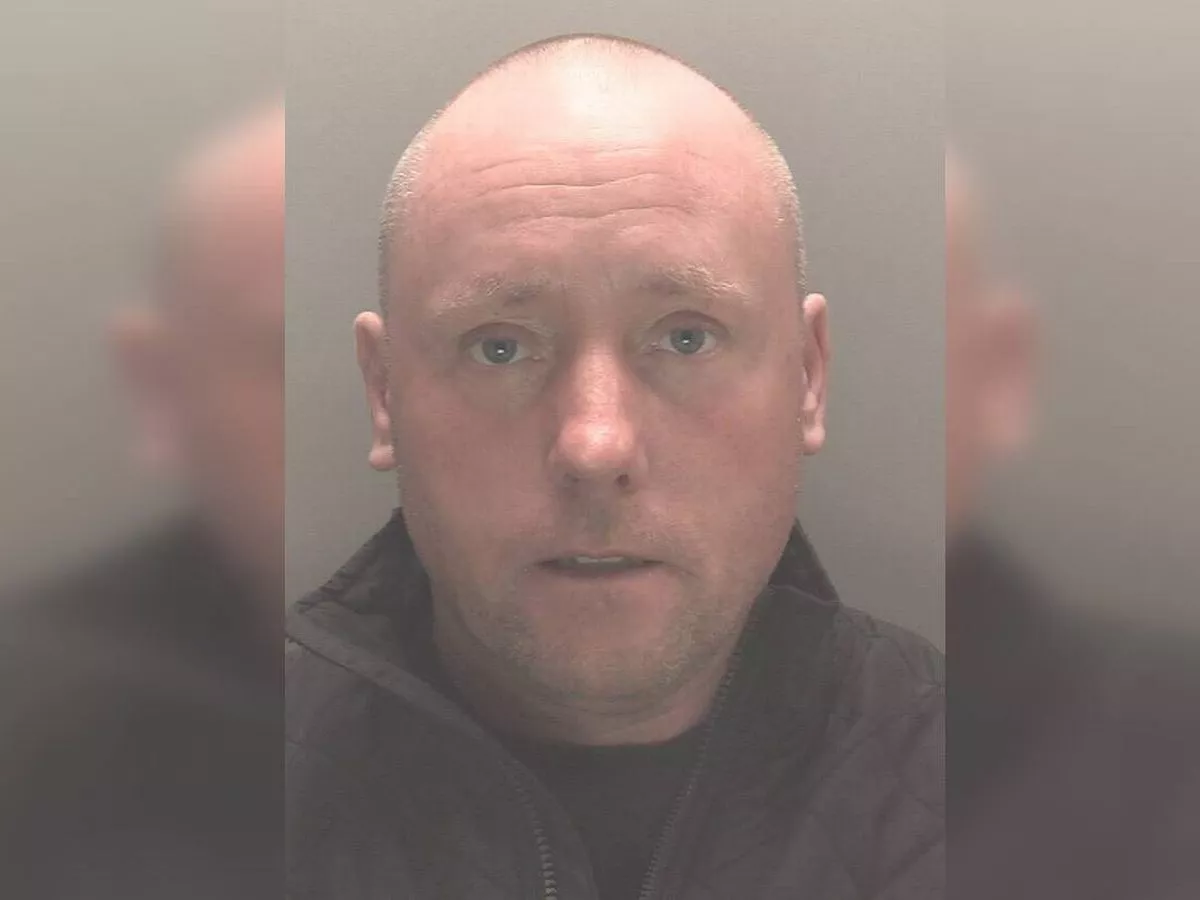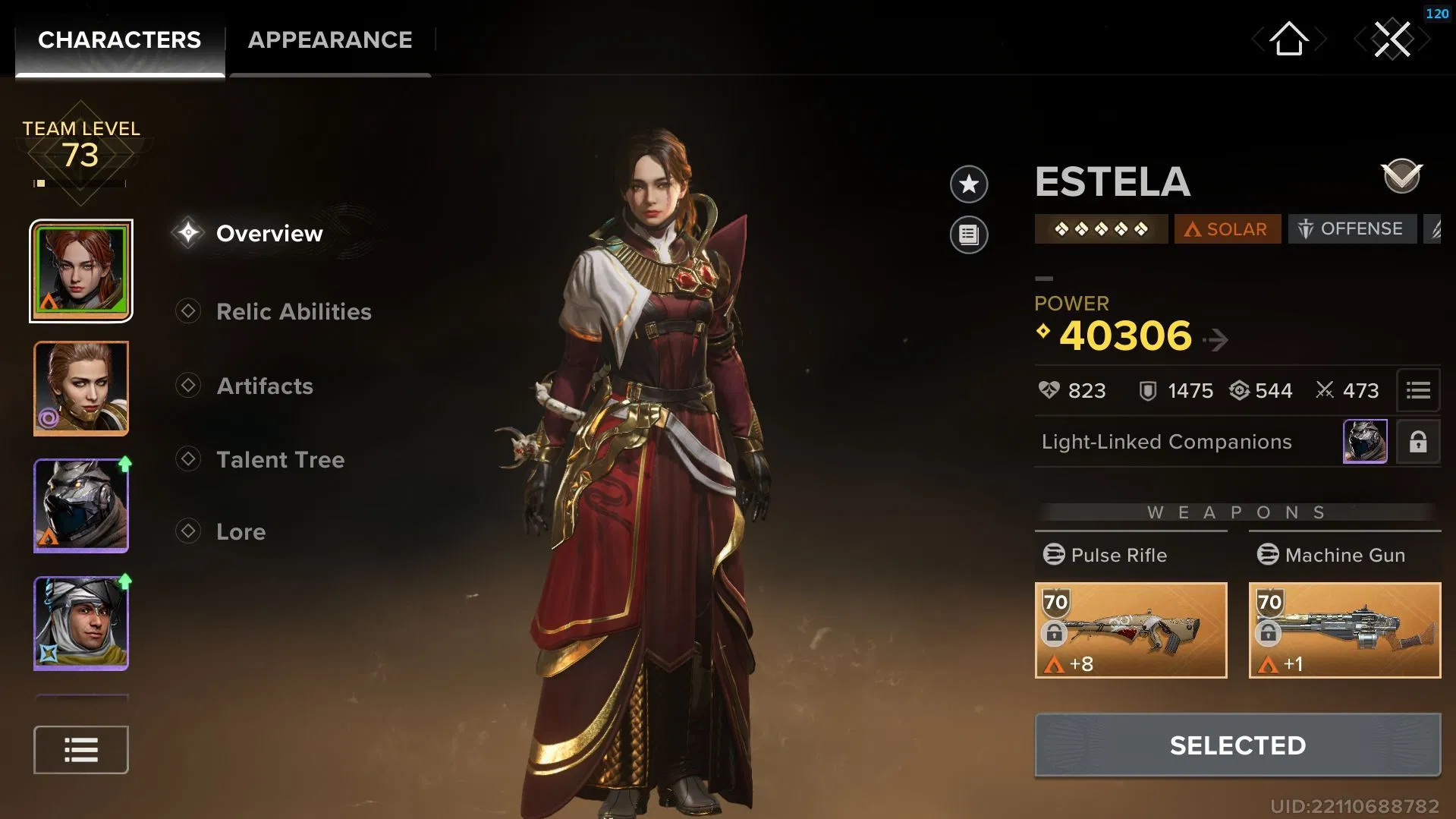12-year-old boy, 20-year-old man charged with 2nd-degree murder in unprovoked attack in downtown Toronto
By Julia Alevato
Copyright cbc

A 12-year-old boy and a 20-year-old man have been charged in connection with a series of alleged violent incidents and an unprovoked attack that resulted in the death of an unhoused man in downtown Toronto late last month, police say.
Toronto police announced at news conference Monday that a 62-year-old male victim was sleeping on a bench in the Queen Street W. and Bay Street area just after 6 a.m. on Aug. 31 when two people approached him. He was then attacked with a weapon, police say.
Investigators say one of the accused was armed with a hammer. The man and the boy then fled the area, police say.
The victim went to hospital with serious injuries and was subsequently released — but then on Sept. 4, he was found in a different part of the city without vital signs and was later pronounced dead, investigators say.
Police say the victim’s cause of death was determined to be related to the attack from earlier that week.
Det. Sgt. Stacey McCabe said at the news conference that the incident was part of a series of violent attacks targeting vulnerable people that took place on the morning of Aug. 31 in Toronto’s downtown core.
“This was a disturbing crime spree,” McCabe said.
Isaiah Byers, 20, of Toronto, and a 12-year-old boy, who cannot be identified under the Youth Criminal Justice Act, were arrested and have both been charged with second-degree-murder, two counts of assault with a weapon and aggravated assault. Police have not said if there is any connection between the boy and the man.
Byers was also charged with three counts of robbery, while the boy was charged with four counts of robbery.
Attacks ‘extremely violent,’ targeted vulnerable people: police
McCabe said the incidents took place that day between 5:45 a.m. and 8:07 a.m.
“All of these attacks were extremely violent and they targeted vulnerable members of our city,” McCabe said Monday.
The first assault took place at 5:45 a.m. in the area of Yonge Street and Dundas Street. The two accused allegedly approached an unhoused man and began to “violently” beat him, McCabe said.
McCabe said the victim was able to escape and the accused walked away and continued west on Dundas Street until 5:52 a.m., when they encountered a second unhoused man and allegedly began assaulting him.
The second man was also able to escape and was taken to hospital.
McCabe said the pair continued west until they reached Nathan Phillips Square and then allegedly attacked the 62-year-old victim who later died.
Following that incident, the pair continued to walk in the Yonge Street and Gerrard Street area where they asked to use an elderly man’s phone, McCabe said.
They then grabbed the man’s phone and when he tried to get it back, he was pushed to the ground, police say.
McCabe said the final assault took place in the Yonge Street and College Street area just after 8 a.m.
That’s when, police say, the pair approached a man and asked to use his phone. When he refused, the accused slapped the phone out of his hand and threw an object at him, McCabe said.
McCabe said the man and the boy were arrested shortly after that incident.
Police say they believe more people were approached by the two accused on the morning of the attacks, and that people may have seen what happened. They are asking anyone with information to contact them.
Outreach worker says violence toward unhoused happens often
Lorraine Lam, an organizer with the Shelter and Housing Justice Network, said she thinks the language used by some people in positions of power criminalizes people who are unhoused and paints them as villians — making them easy targets for violence.
“They villainize people who are poor, people who are unhoused, claiming that they are the ones who put people at risk,” Lam said in an interview with Radio-Canada on Monday.
“I think whether we realize it or not, we are dehumanizing people who are poor.”
Attacks on unhoused people happen often, but many of those attacks go unreported because victims don’t want to come forward and report it to the authorities, Lam said.
She added that she doesn’t think the city’s Downtown Community Outreach Response and Engagement program, a collaboration between Toronto Public Health and the Toronto Police Service designed to help vulnerable residents in the Yonge and Dundas area, is helpful because of the power imbalance.
“The interactions between the police officers and people who are vulnerable is coercive because, does the individual have a choice to refuse what the police officers are offering?” she said.
“I’m not sure how somebody walking up to a vulnerable person in crisis with a bulletproof vest is supposed to communicate any notion of safety and support.”



